GTCO Fashion Weekend: Cultural Storytelling and Ethical Sourcing Redefine African Commerce
GTCO Fashion Weekend: Cultural Storytelling and Ethical Sourcing Redefine African Commerce
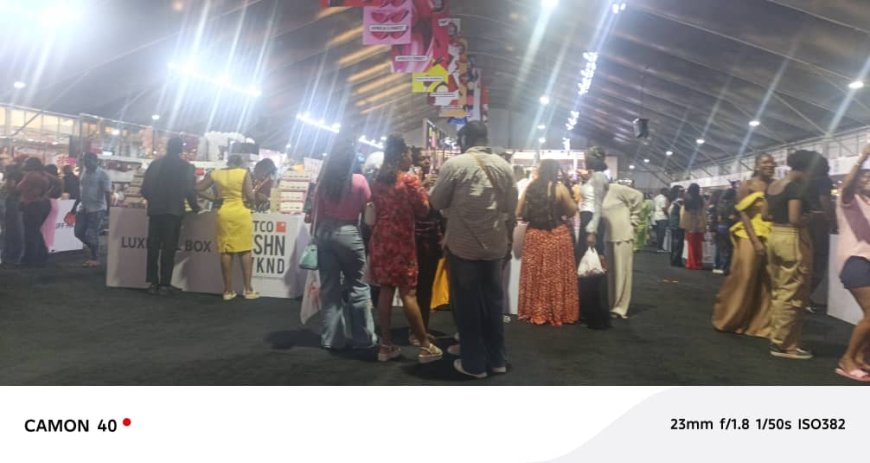
The criteria for African designers seeking shelf space in international boutiques have fundamentally changed. Exclusive insights gathered at the GTCO Fashion Weekend reveal a global market shift where cultural narrative and ethical traceability now trump price point, forcing Nigerian brands to invest heavily in transparent business practices.
Retail buyers confirmed they are not only willing but expected to pay a significant premium for Nigerian-made clothing, provided designers can offer verifiable assurances about the garment’s origins.
The Premium on Provenance and Ethics
Boutique owners specializing in African contemporary wear emphasized that a product's unique story and its ethical sourcing are now paramount to their selection strategy.
"Our selection is laser-focused on unique cultural storytelling and sustainability," stated a buyer. "We look for pieces with strong narrative provenance fabrics or techniques that are distinctly African, but with modern silhouettes that can sell in New York or London."
This demand for quality extends beyond design and into accountability:
"Our customer is absolutely willing to pay a premium for Nigerian-made clothing, but they demand accountability," explained a fashion retail representative, Mrs. Maris Ikechukwu. "If a designer can tell me exactly who made the garment and where the fabric came from, it justifies a 40% premium over a fast-fashion import."
This shift makes it clear that to succeed globally, African designers must ensure their brand narrative is as compelling as their garments, backed by uncompromised credibility.
On the Runway: The Rise of Functional, Fluid Design
Buyers also offered a preview of the trends they are actively scouting for the upcoming season, indicating a shift towards sophistication and utility.
"Beyond the usual suspects, I predict gender-fluid utility wear using naturally dyed, local cottons will be the biggest seller in our store next year," a buyer forecasted. "We’re seeing a desire for robust, practical garments that blur gender lines, incorporating traditional Nigerian dyes like indigo but applied to modern workwear."
This move reflects a growing consumer desire for garments that are ethically made, functional, and culturally resonant.
The GTCO Experience: Freedom and Trust
The event itself, held under the theme "Fashion Is Freedom," was lauded by attendees for its accessible, high-energy atmosphere that facilitated commerce and connection.
Designer and attendee Mrs. Juliet Francis praised the event for dismantling barriers:
"The freedom I feel is in the lack of gatekeeping. It’s not stuffy like other shows; it’s accessible. The energy here is authentic Lagos creativity, everyone is dressed to express themselves," Mrs. Francis revealed.
She highlighted the event’s ability to bridge the gap between digital discovery and physical trust, which is crucial for high-ticket sales: "It’s mostly Instagram for discovery and the physical market here for trust. I see them online all year, but I only feel comfortable spending after I've touched the fabric and met the designer at the GTCO market. Social media brings them to my phone; GTCO brings them to my wallet."
Mrs. Francis confirmed her willingness to invest: "I saw a gorgeous structured blazer from an emerging label, 'Kreative Kulture,' retailing for about ₦185,000 and above. That's a premium price, but the tailoring is international standard. I’m willing to invest in quality Nigerian pieces that will last."
The Path to Scaling: Digital and Networking
The masterclasses provided attendees with concrete tools for going global. Mrs. Bosede Olatunji shared the most impactful lesson she received:
"The best advice was from the digital expert who said: 'Your website must function as a multi-currency global export agency, not a local shop.' That means prioritizing seamless logistics and instant duty calculation. I’m implementing a better shipping calculator next week."
Mrs. Olatunji also stressed the essential nature of local collaboration: "Right now, networking is more valuable. Getting a five-minute meeting with a veteran Nigerian designer like Ituen Basi is priceless. They can provide advice on navigating local customs and access to reliable production staff, things that foreign buyers can’t offer."
The takeaway from the 8th GTCO Fashion Weekend is that the African fashion sector is no longer competing solely on design; it is competing on credibility, traceability, and operational sophistication.
What's Your Reaction?







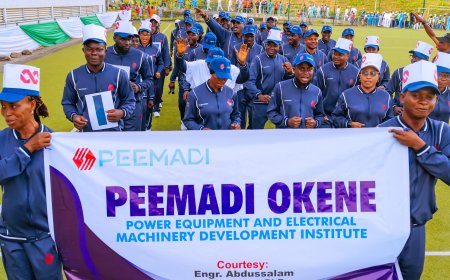

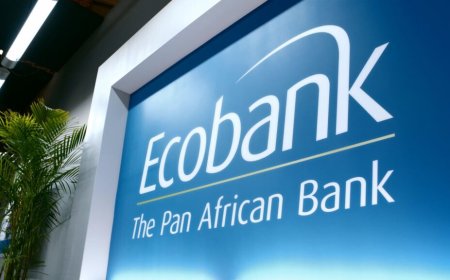
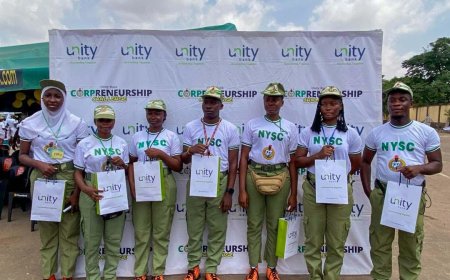
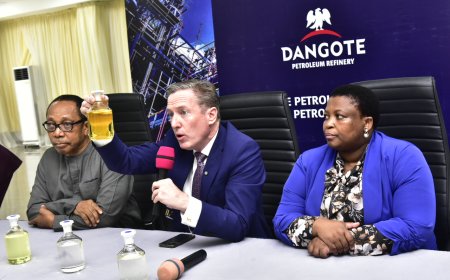
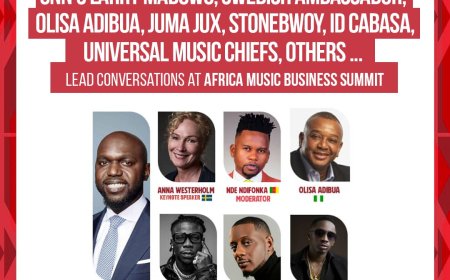
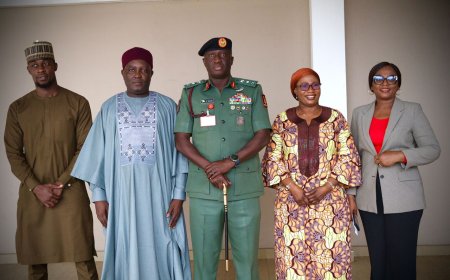
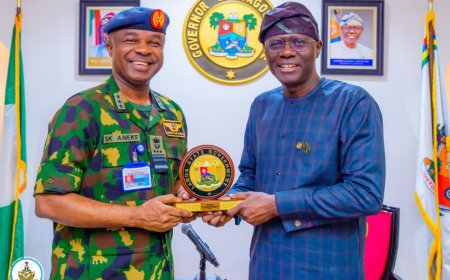


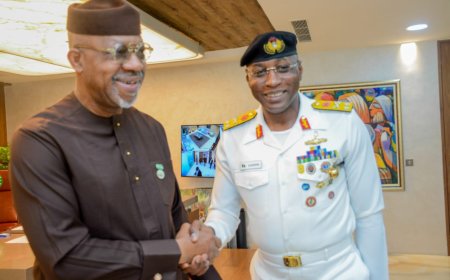
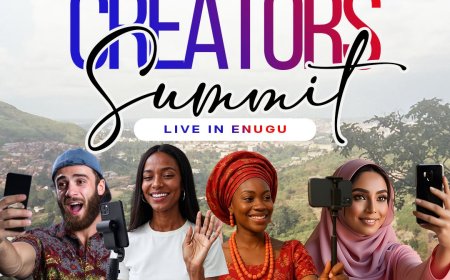
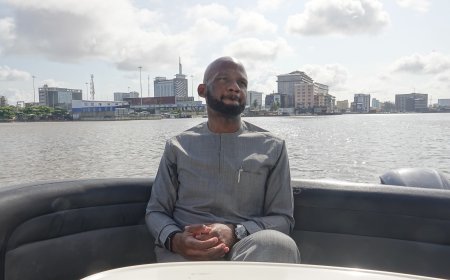

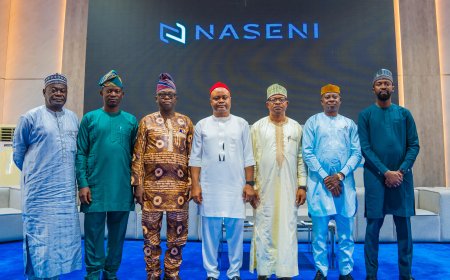
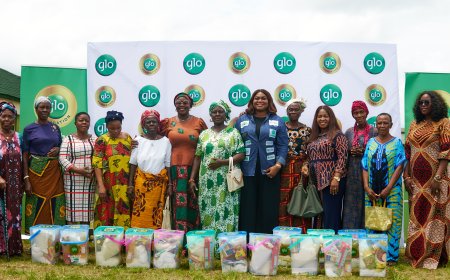
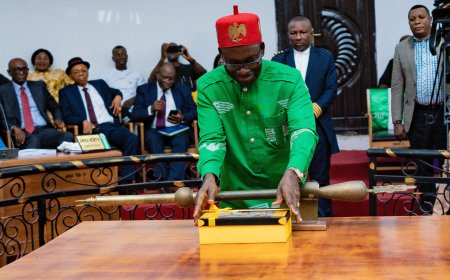
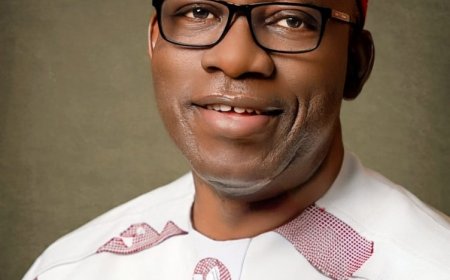
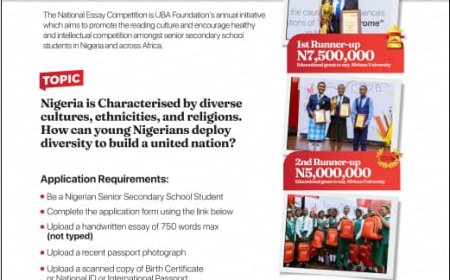
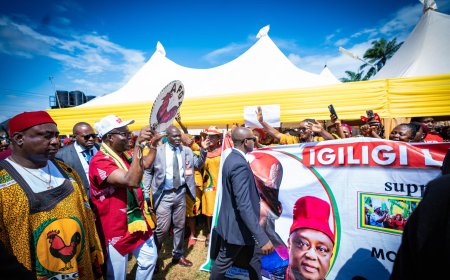

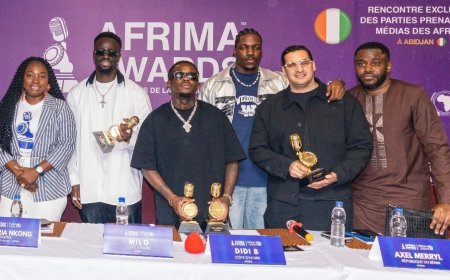

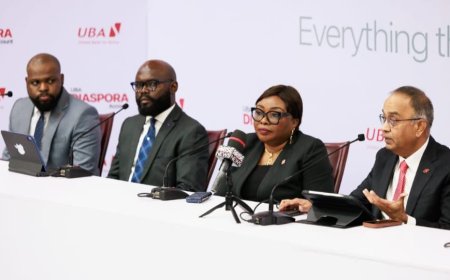
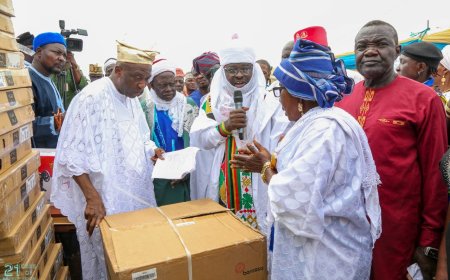







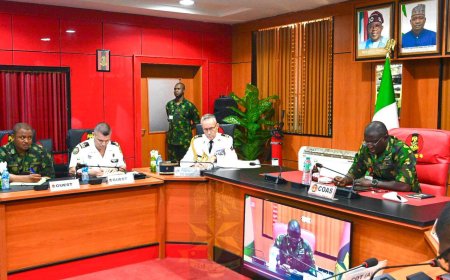
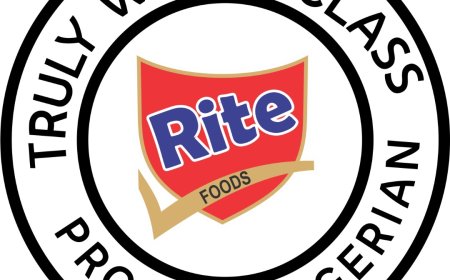





 The Chairman and Chief Executive Officer of Adron Homes and Properties Limited, Aare Adetola Emmanuelking, has congratulated the Government and people of Oyo State as the state marks its 50th anniversary, describing the occasion as a celebration of resilience, cultural pride, and sustained progress.
The Chairman and Chief Executive Officer of Adron Homes and Properties Limited, Aare Adetola Emmanuelking, has congratulated the Government and people of Oyo State as the state marks its 50th anniversary, describing the occasion as a celebration of resilience, cultural pride, and sustained progress.



